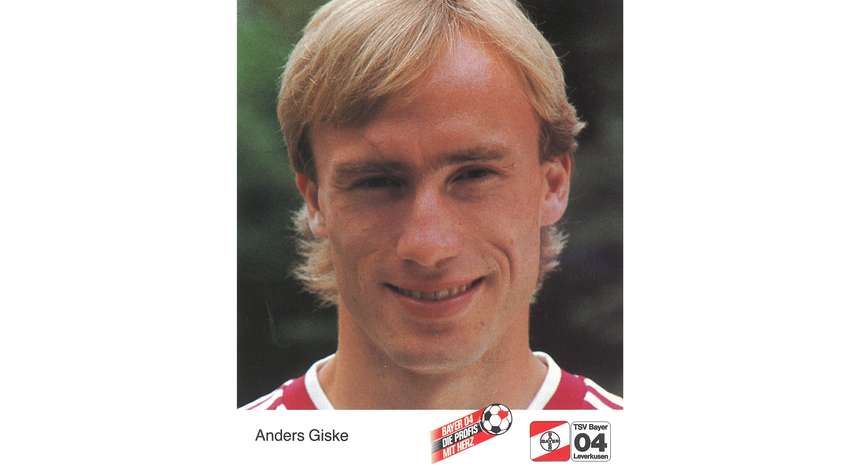
His performances attracted the attention at FC Nürnberg and he joined the club from Franconia in the middle of the 1983/84 season. The coach back then, Heinz Höher, turned him into a central defender and full-back. After playing 20 games and experiencing relegation with FC Nürnberg, Anders moved under the Bayer Cross. At Leverkusen he secured an immediate berth at left back. When the new Bayer 04 coach Erich Ribbeck made little use of Anders in the first matches in the 1985/86 season, he rejoined FC Nürnberg.
Over the next three years he became a crowd favourite at Nürnberg and was seen as a role model thanks to his reliability, fairness and objectivity as a player and person. The quiet Norwegian rarely committed a foul to separate his opponents from the ball. His commitment and his quality away from the pitch were honoured in his homeland in 1986. Norwegian journalists voted him Norway's Footballer of the Year.
For the next three years he studied business administration alongside his career on the pitch. In 1986 he was named captain by the Nürnberg coach Heinz Höher and he helped the Franconian side secure a UEFA Cup place in 1987/88.
FC Köln came in for Anders in 1989. He played for the Goats for three years but was never really happy there despite finishing as runners-up in 1990 and reaching the DFB Pokal final in 1991.
He returned to Brann Bergen in 1992 but a protracted back injury prevented him playing football. So he first became sporting director and then assistant coach in Bergen. In 2005, he moved back behind the desk as sporting director at Sogndal IF. Today, the father of three children primarily develops and produces material for 'Giske defending'. He has already written a book on the subject and holds lectures.
Dear Anders, I wish you many happy returns on your 65th birthday. Stay healthy and have a good one.
Related News
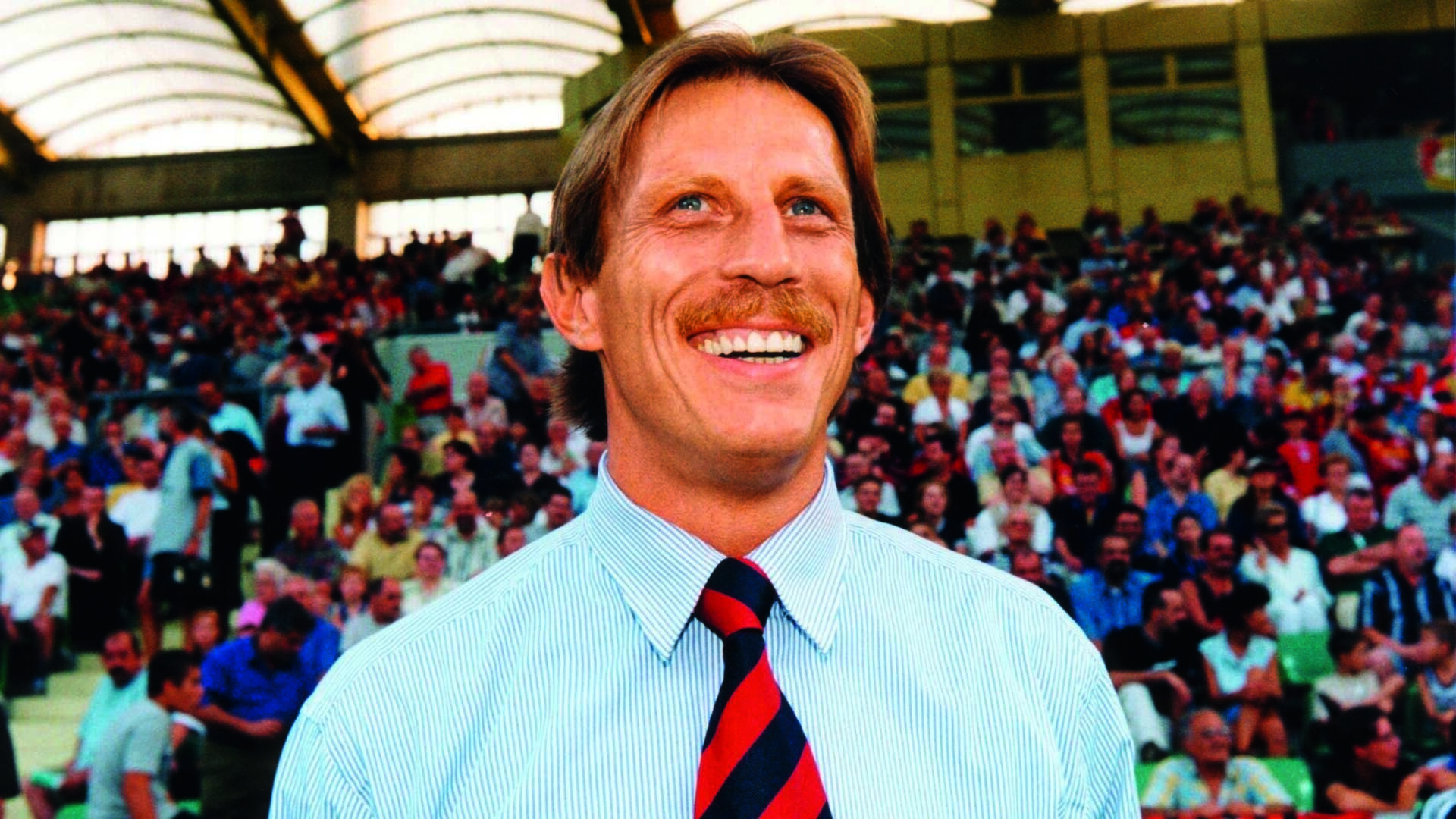
Legend: Christoph Daum - The man who taught us to want
Christoph Daum was born on 24 October 1953 in Zwickau. As a child, he moved to West Germany with his mother and grew up in Duisburg. He developed a great enthusiasm for football at an early age, even though it soon became clear that his future lay less on the pitch than on the sidelines. Even at a young age, his passion for analysing, explaining and improving things became apparent.
Show more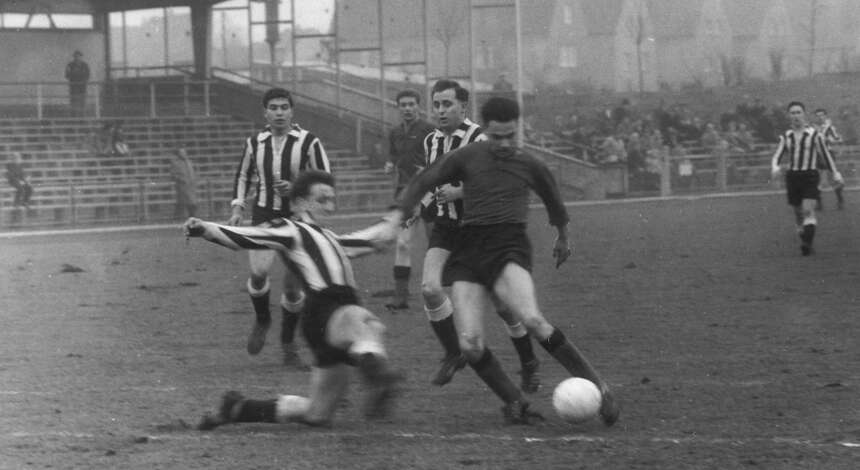
From the archives: 65 years ago - Another victory at last
When the Bayer 04 players celebrated Christmas in 1960, they spent the winter in second place in the Oberliga West 2 on 20 points - but already five points behind leaders Schwarz-Weiß Essen. However, coach Erich Garske's team are struggling to get back on track in the new year. A goalless draw against Bonner FV at home at the Ulrich Haberland Stadium was followed by a 2-1 away defeat in Erkenschwick. The following home game also yielded just one point. As a result, the team's promotion ambitions dwindled to a minimum, as the gap to the coveted spot has now grown to a challenging ten points.
Show more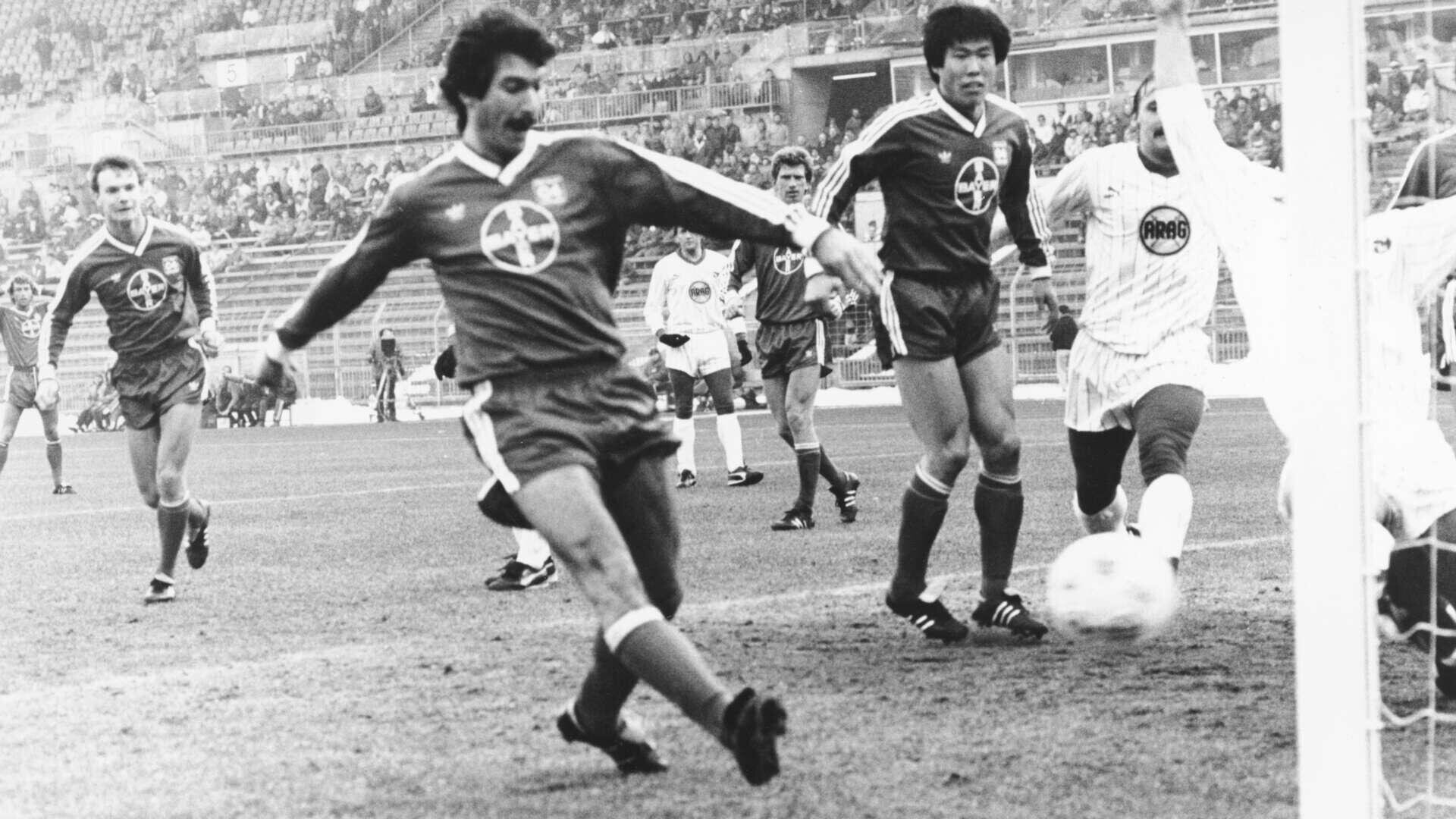
Goals of the month: From Waas to Tapsoba
In this video you can see impressive and important goals in Bayer 04 history from the month of February. It's not always about the beauty of the goals, but also a reminder of special games and players.
Show more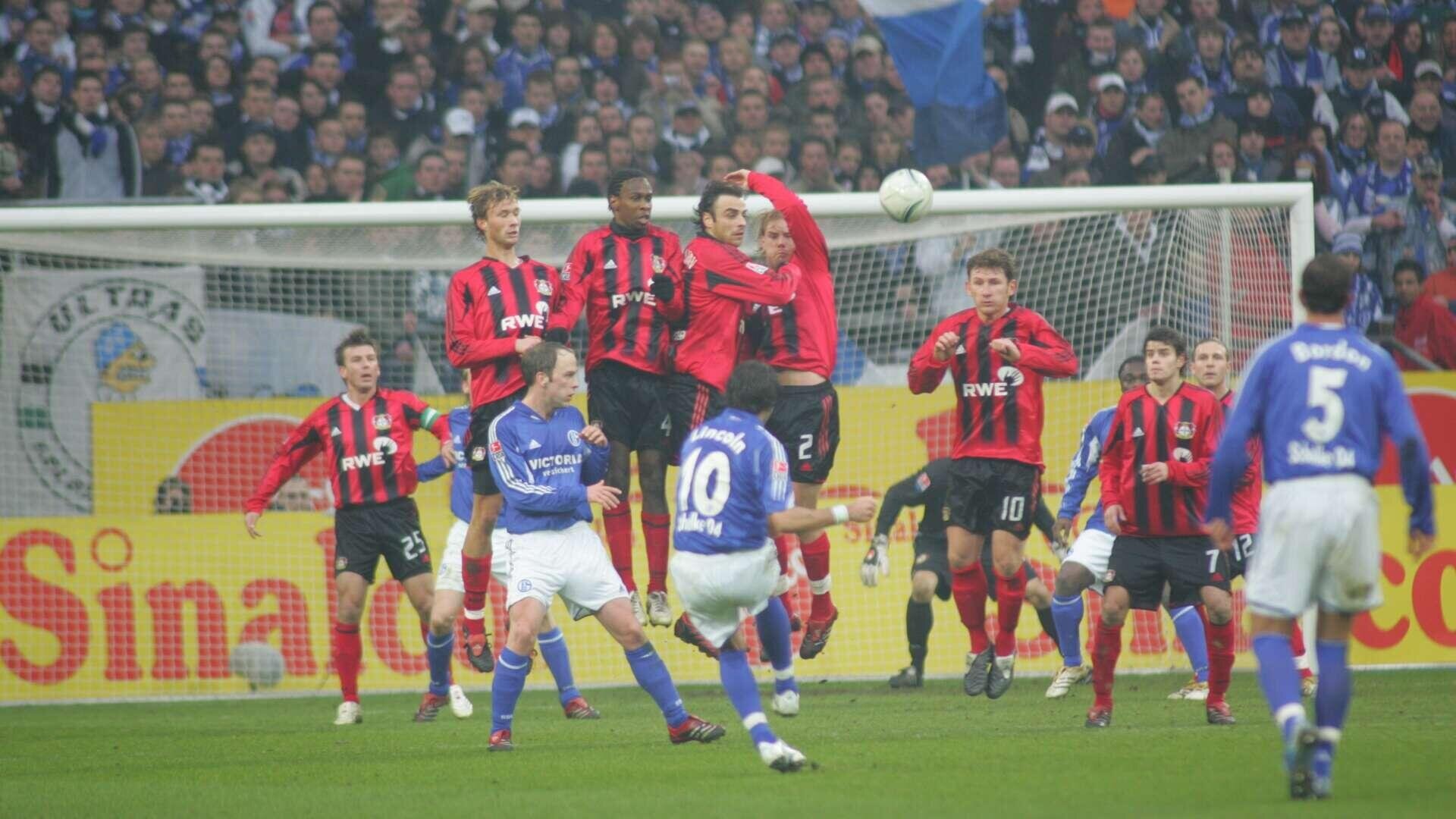
Match of the month: 20 years ago - A game of goals galore
It is 11 February 2006 and Schalke 04 and the Werkself kick off at 3.30 p.m. in a match that ends up being historic - at least from a Bayer 04 perspective.
Show more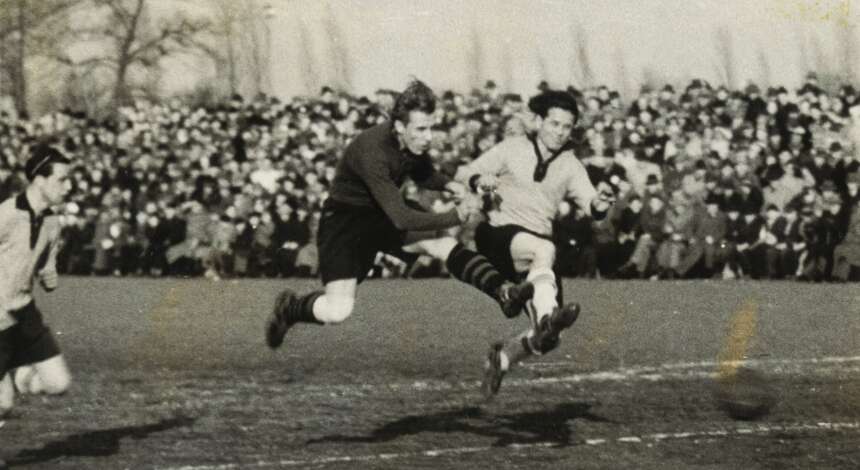
History: 75 years ago - The 1950/51 season (February)
As league leaders, the Werkself welcomed the relegation-threatened team from Rhenania Würselen. On 4 February 1951, 5,000 spectators line the touchlines despite the Sunday carnival parades. And they see a home team that is superior on the pitch. Without Theo Kirchberg, who was ill, and Emil Becks, who was suspended, the hosts attacked the opposing goal from the start. Battling against a strong wind in the first half, Bayer 04 created chance after chance, but were repeatedly thwarted by the Würselen goalkeeper. With the score at 0-0 at half-time, Karl Heinz Spikofski tried his luck on 55 minutes and hammered the ball into the opposition net from 20 metres out. Rhenania can no longer counterattack. The siege of the Würselen penalty area continued right to the end, but the game ended in a narrow 1-0 win.
Show more